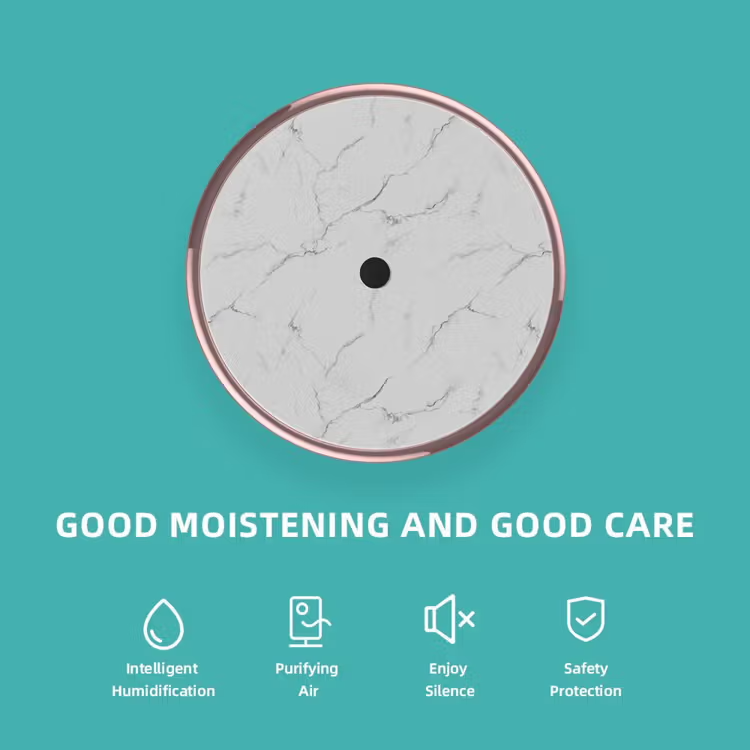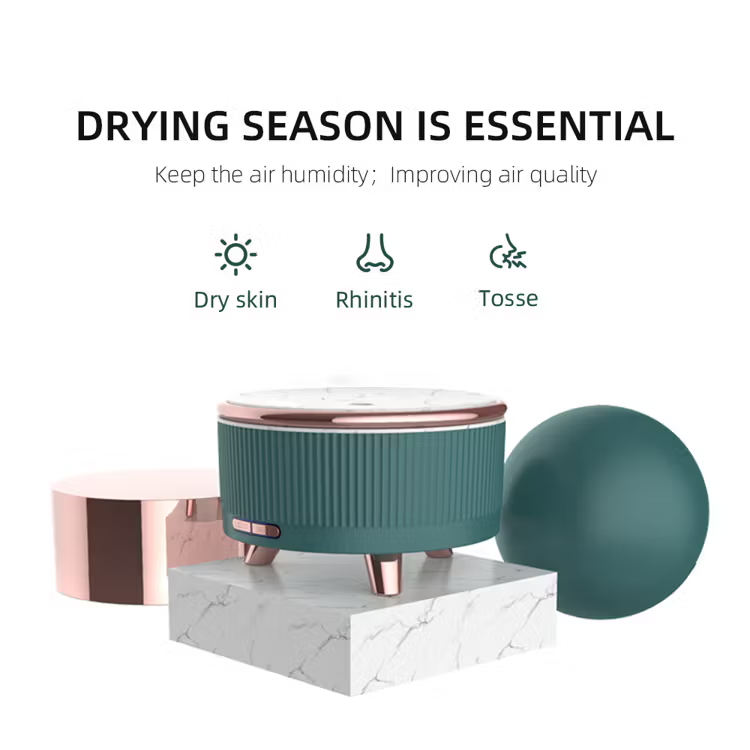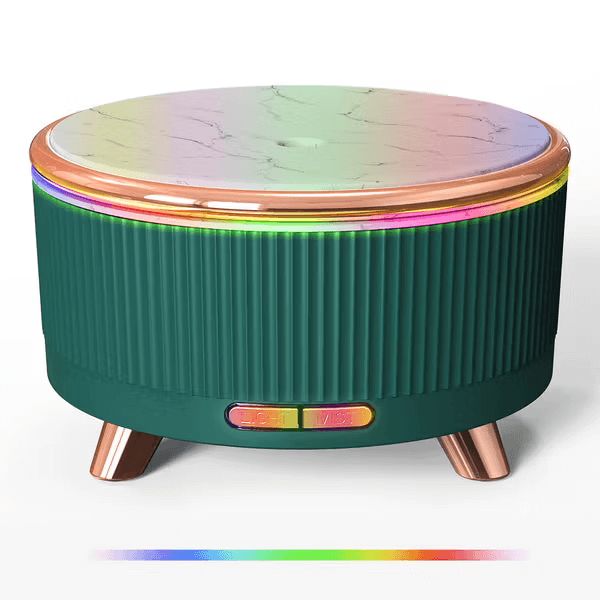A diffuser is a device that diffuses or disperses essential oils into the air.
The way a diffuser works is that it breaks down the oil into micro molecules and then releases them into the air. This kind of diffuser is called an ultrasonic diffuser and is popular in the market because it is cost effective in that it needs only a small amount of oil to be properly diffused inside a room.
antibacterial oils dispersed through a diffuser will also do a fine job of cleaning the room air of mold spores, allergens and other airborne pollutants. The best recommendation would be to use a combo of an air purifier and an air diffuser to significantly improve the quality of the indoor air of your home.

A diffuser is a clever way to fight off germs that cause the cold and the flu. Just add a few drops of oregano oil into the diffuser. Oregano contains Carvacrol, which is a natural antibiotic. On the other hand, if you have a cough, you can add a few drops of Eucalyptus oil to your diffuser. Found in most chest rubs, Eucalyptus is universally considered to be a fine antidote to a pesky cough. It soothes the airway and relaxes the cough.

In general, diffusers help remove congestion by improving the air quality of a room. Essential oils, derived from substances that are extracted from different types of plants contain the scent and flavor of the plant that is termed the plant’s “essence.” This is why these oils are pure in their compositions and are referred to as essential oils. Each plant contains a unique combination of chemicals that have their distinct set of health benefits.

Another way to tackle cold and cough problems is to add drops of Rosemary oil to your diffuser. Rosemary oil is an expectorant that works in multiple ways improving the health and functioning of our respiratory organs. It thins the mucus down and drains and clears the respiratory pathways. It has warming properties which help to soothe a sore throat. Rosemary oil also prevents sinuses from getting inflamed by the cold. This oil comprises many types of terpenes, flavonoids, phenolic compounds, among which Cineole, also called Eucalyptol and alpha-pinene have expectorant and antimicrobial benefits.

When it comes to clearing sinus, nasal and airway congestion. Peppermint oil has menthol and antibacterial properties both of which work wonders in providing sinus congestion relief. Derived from the Melaleuca tree, Tea Tree oil has antibacterial, antifungal and antiviral properties, which can reduce the inflammation in the sinuses and thereby the congestion.
Suffering from a persistent cold and cough? Check out this

Check out our most popular blog posts.

B is for Bonsai
B is for Bonsai 🌳 The word Bonsai is a Japanese word that means tree planting. Derived from the Chinese art form Penjing. But there

The Show Must Go On
Are you an entertainer? Dreaming of money, fame and glamor? Do you have what it takes to be an entertainer? Be it music, theater, comedy

Summer Calendar
Tips for a healthy summer Although coughs have a role in cleaning out irritants and infections from the body, a persistent cough can be irritating
HOW LONG DOES THE BATTERY LAST?
Up to 16 HOURS depending on the wind speed setting. 4000mAh Large capacity batteries provide 4-16 working hours’ duration (depending on different speeds). The Neck Fan has 3 SPEED levels. Adjust appropriate fan speed by pressing the power button repeatedly.
IS IT NOISY? HOW LOUD IS IT?
With the ultra-quiet design, we have meticulously manufactured the motor so that noises stay in a range of 25-40dB. It is quiet enough to hear your own breath.
IS IT HEAVY?
It’s not heavy, and it’s comfortable to wear. At Tap Trendy, comfort in our products is our first priority. All of our products are sophisticatedly designed so that they can deliver you the most enjoyable experience.
CAN I DO SPORTS WITH IT ON?
Can’t find a better neck fan to exercise with. Talk is cheap, try it on! Wearing Tap Trendy™ Neck Fan to your gym will change your life!
HAVE OTHER QUESTIONS?
Email us at: support@taptrendy.com
